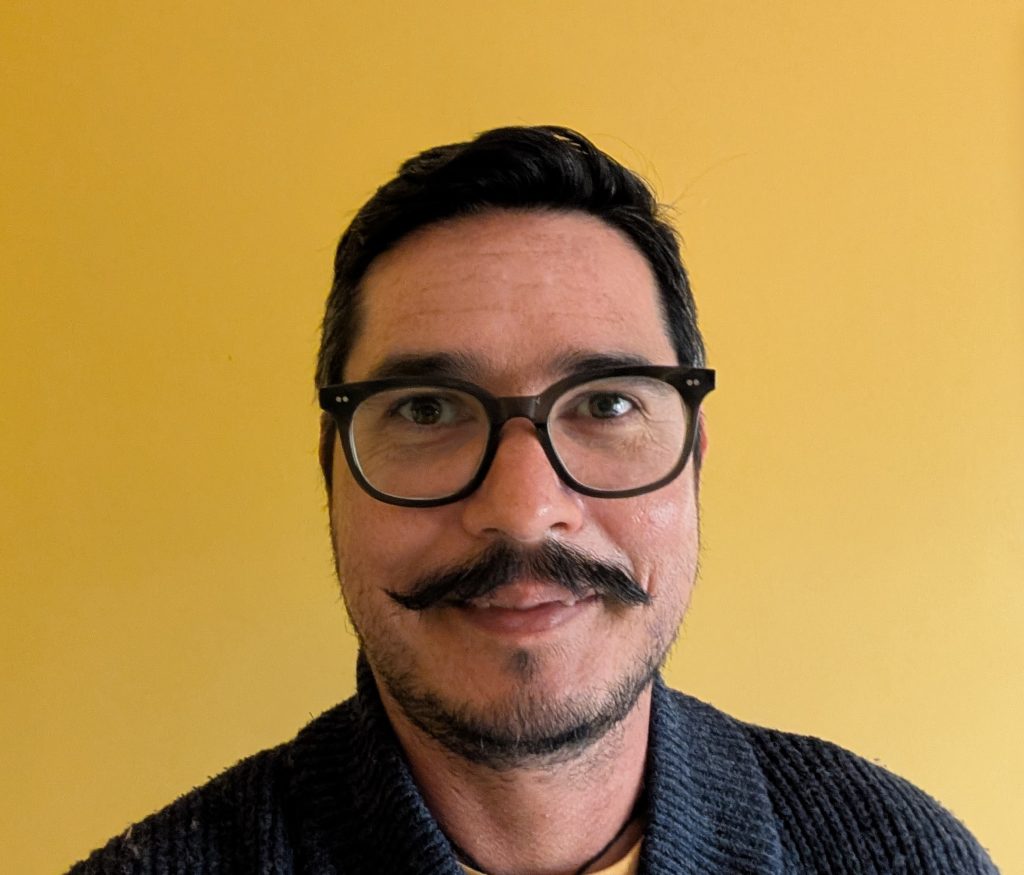About

Tēnā koutou katoa. I’m Daniel Wilson and I have created this website in response to all three major mobile network operators planning to shut down their 3G networks by the end of 2025. I teach Computer Science at Waipapa Taumata Rau | The University of Auckland and I have previously worked in software development before gaining a PhD in Philosophy. My research is in the ethical use of technology, including Māori data sovereignty. Technology has the potential to benefit society, but those benefits should be shared equitably.
Please feel free to email me at danielw@3gclosure.nz if you would like to get in touch.
All three major mobile network operators have stated that they will be shutting down their 3G networks in 2025. Unfortunately, there are many people who are still unprepared for the upcoming 3G network shutdown. I am not a telecommunications expert–I defer to others for that–but I do have a technical background and I work in the areas related to the social impacts of technology. The purpose of this website is to:
- Collate various resources related to the 3G network shutdown in Aotearoa that may be useful to help people prepare.
- Help raise awareness of some of the risks related to the 3G shutdown–particularly in relation to emergency services.
- Raise awareness of the inequitable distribution of the possible harms from the 3G network shutdown, particularly for older people, those with limited budgets, and those in rural locations.
Sam Fenwick from Opensignal notes the potential safety risks related to people getting caught out from the 3G network closure:
In the absence of 2G and 3G networks, the only way of making normal mobile voice calls is via Voice over LTE (VoLTE) or its 5G standalone access equivalent — Voice over New Radio (VoNR). […] Devices that aren’t 4G capable and even some older 4G devices don’t have these capabilities, posing safety issues given the need to make emergency calls.
The potential impact of not being able to make emergency calls should be taken seriously: if the 3G network is shut off and people have not been successfully transitioned off 3G then there is a danger that people might not realise that they are unable to make emergency calls. By analogy, you wouldn’t want to be in a situation where you didn’t know that the smoke alarm in your home wasn’t working. But the 3G shutdown might effectively create a situation where mobile phone companies leave some people with non-functional phones and no idea that this is the case.
Given that a major driver of the 3G network shutdown is for companies to focus their resources on new technologies–like 5G–I believe that those who stand to gain from the uptake of new technology also bear responsibility for the effects of retiring older technology, particularly where safety is concerned (as it is in the case of emergency calls). The current narrative is that customers need to get prepared for the changeover. However, it is clear that some people are in a better position than others to prepare for the effects of the 3G network shutdown. There is an equity issue here: the devices affected are typically older models. There may be people who cannot afford to upgrade–if needed–or who may not be confident with testing/updating their devices or they may simply not be aware of the 3G network shutdown and its potential impact on them. There are likely to be older customers who are potentially more affected by the 3G shutdown. So the potential harms that may be caused by the 3G network shutdown are not evenly spread across society and–arguably–the mobile industry has a responsibility to support these people equitably.
The extent of the possible harms of the proposed 3G shutdown in Aotearoa is currently unclear. But there are reasons to believe that it could be significant. A shutdown strategy is required to assess the scale of the potential impact–particularly in relation to emergency calling; to make people more aware of how to prepare; and for the mobile industry to support vulnerable customers through this 3G shutdown.
Disclaimer: This site is not supported or funded by any organisation from the telecommunications industry. While all possible care has been taken to ensure accuracy of the claims made on this site, this content is intended to supplement–not to replace–advice from your mobile provider. I have aimed to include reputable sources where possible to back up any claims. Information on this website is provided for educational purposes.
Page Last Updated February 5, 2025.